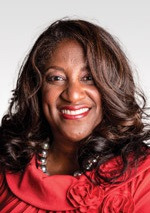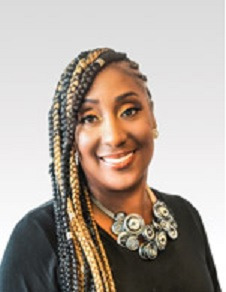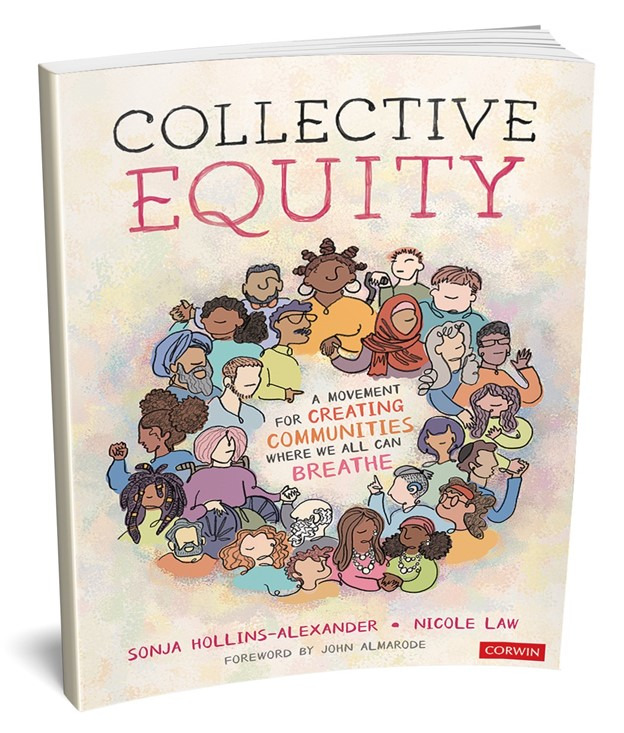You are here
Why Collective Equity
When we learn to create a learning community that works together through a collectivist lens of shared accountability with a laser-like focus on equity, we begin to see how educators can convene around high expectations for learning across all dimensions of identities. The Collective Equity framework empowers learning communities to explore how their collaborative actions and decisions propel learning forward.

What You’ll Learn
-
Engage in shared experiences for honoring and celebrating dimensions of identities, intersectionalities, and the 3 Levels of Culture.
-
Recognize the knowing and doing gaps in the design of equitable learning environments and enact deliberate processes that impact teaching, leading, and learning practices for all in the community.
-
Understand the essential components of transformative equitable learning environments.
-
Identify enabling conditions, equity pathways, and equity pavers to design equitable learning environments.
-
Learn culturally fortifying practices for transforming learning communities into equitable spaces for all.
-
Examine data sources to determine the needed equity shifts in approaches, actions, and dispositions.
-
Develop action plans that disrupt barriers to equity and identify ways to implement and measure practices that strengthen historically marginalized learners and provide intentional actions that fortify the cognitive, emotional, and behavioral development of all members of the learning community.
The Collective Equity Framework
The Collective Equity framework is built with practical strategies and tools to catalyze educators around the work of repairing the damage that has been caused by inequitable systems across generations and to create conditions in which all members of the community can thrive. The framework is built upon shared accountability where truths are identified, explored, and reckoned with and where individual cultural experiences are valued.
The Collective Equity framework includes:
- Implementing Collective Equity through a series of professional learning workshops to create culturally fortifying learning environments
- Accelerating equitable practices through the engagement of the Collective Equity team and executive coaching process
- Activating the Collective Equity Organizational Analysis in a comprehensive process that informs the removal of organizational, instructional, programmatic, and curricular barriers that impede the promise of equity
Professional Learning Workshops

From the global society to our local schools, what impacts the collective are the ways we show up, individually and collectively. Building relational trust, implementing culturally fortifying practices, leveraging equity dispositions, and transforming systems into equitable learning environments are foundational for collective equity.
Sample Sessions
Collective Equity: A Framework for Transformative Equitable Learning Environments
Collective Equity is the foundation for transforming learning environments into equitable spaces for increasing engagement, accelerating achievement, and enhancing belongingness and self-efficacy. Implementing the Collective Equity framework begins with providing insight into educational barriers, oppressive practices, and bias-based behaviors—insight that is necessary for creating equitable learning environments to dismantle systems and structures of inequity.
Culturally Fortifying Environments That Are Visible
In these workshops, the concepts of the Collective Equity framework will be unpacked and implemented to deepen the learning and build participants’ equity capacity through a laser focus on knowledge, attitudes, skills, and stamina. As equity capacity increases, the ability to cultivate culturally fortifying environments strengthens, and the evidence of impact on inequities are visible, such as: mitigating students feeling disliked, increasing class cohesion, not labeling students, and belonging.
Disrupting Implicit Biases in the Learning Community
These workshops offer professional learning for understanding and exploring implicit bias to help learning communities examine and recognize their own personal biases while simultaneously disrupting mental models and stereotypes about groups outside of their cultural and individual dimensions of identities.
All professional learning plans are customized to your school or district needs. Contact us for a sample PD plan.
Collective Equity Organizational Analysis

The Collective Equity Organizational Analysis (CEOA) employs qualitative and quantitative data-driven processes to assess a school’s equitable practices, including instructional, programmatic, curricular, organizational, and parent/student agency and voice within the learning community. One question asked in this process is, “Who is benefitting and who is not?” (Fisher, Frey, Almarode, Flories, and Nagel, 2020)
The findings and analysis from the CEOA are compiled with recommendations focusing on the following:
- Learning community’s equity goals
- Equitable policies, processes, and structures
- Culturally fortifying practices (organizational, programmatic, curricular, and instructional)
- The learning community’s knowledge, attitude, and skills used to close and mitigate achievement, opportunity, student/family connectedness, and exposure gaps as well as any additional identified inequities
Coaching Services

Coaching for Equitable Transformation
A reflective process to engage in complex conversations to strengthen the equity capacity of the learning community by focusing on increasing knowledge, attitudes, skills, and stamina around practices that lead to culturally fortifying and equitable outcomes.
Areas of collaboration include:
- Refining or developing equity goals for the entire learning community.
- Analyzing equity standards for systemic implementation
- Creating a safe space to challenge personal and organizational assumptions that impact the implementation of culturally fortifying practices
- Disrupt current and systemic inequities that inhibit growth and achievement for all members of the learning community
Executive Coaching
Leading the transformation of organizations into equitable learning environments requires intense focus in determining inequities and implicit biases within the organization. The process of executive coaching leads to the identification of equity goals, specific barrier removal strategies and defining measurable outcomes for transformation. In executive coaching sessions, consultants come alongside leaders to partner and support the interruption of educational disparities.
Additional Resources
Collective Equity
A Movement for Creating Communities Where We All Can Breathe
Sonja Hollins-Alexander, Nicole Law


